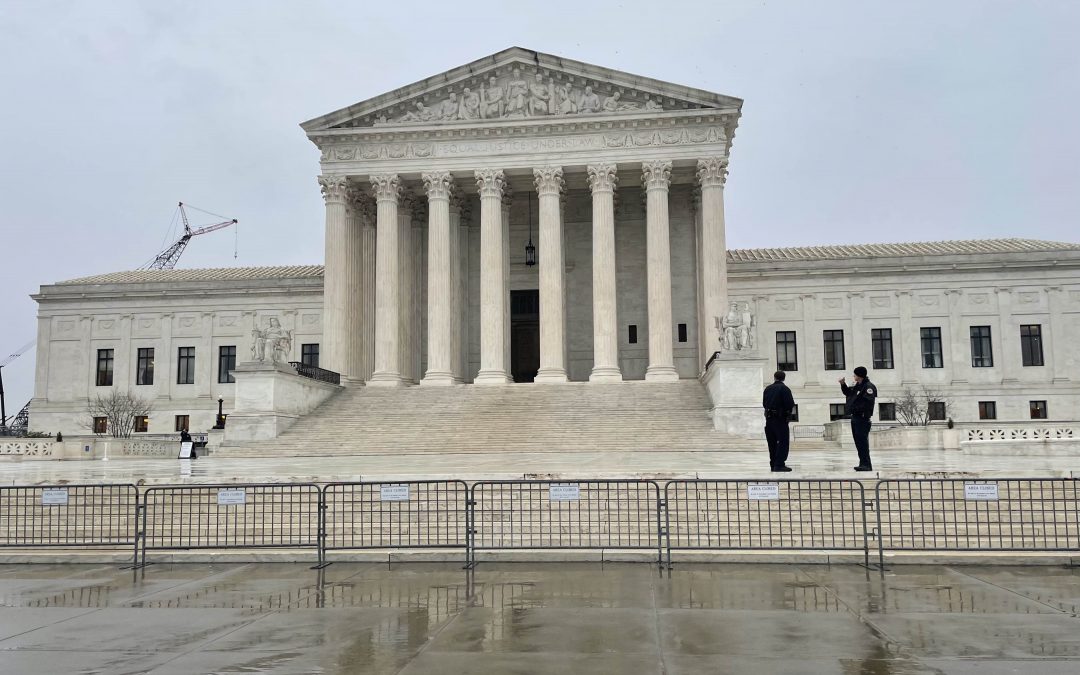A week after President Biden announced plans to increase the requirements for migrants seeking asylum status, the Supreme Court heard oral arguments Tuesday in an enigmatic immigration case that could force a greater burden on noncitizens seeking protection in the United States.
The case was brought on behalf of a transgender woman from Guatemala, who encountered sexual violence in her home country and tried to move to the United States for her personal safety.
Leon Santos-Zacaria was twice removed by the Department of Homeland Security, and a lower court ruled it couldn’t protect her from future removal because she had not established proof of persecution.
A court of appeals then denied her petition for review, and the Board of Immigration Appeals dismissed her motion for reconsideration as “untimely.”
Biden still faces uphill immigration battle after new policy, Mexico visit
The justices will not rule on her specific claim, but instead will consider whether a migrant’s “failure to exhaust administrative remedies” strips a court’s power to grant their request for protection.
Santos-Zacaria’s attorney, Paul Hughes, argued Tuesday that noncitizens shouldn’t need to file a motion to reconsider to keep their legal case alive.
If that requirement existed, he said, it would burden an immigration system already backlogged by 1 million cases. Migrants are waiting an average of four years for their court hearings, according to the American Bar Association.
Biden meets Obrador in Mexico amid strained relations over drugs, migration
Speaking on the power imbalance most migrants face when mounting a legal defense, Santos-Zacaria’s lawyer said the government should sometimes “waive exhaustion [requirements] in the interests of justice and public confidence in the immigration system.”
To make a conclusion, justices will ultimately have to decide whether a lower court had jurisdiction over the Board of Immigration Appeals. Their initial round of consideration proved thorny, as nearly all nine members of the bench grappled with the congressional intent behind jurisdiction laws.
Justice Sonia Sotomayor said the jurisdiction law in question has “strange language” and Justice Ketanji Brown Jackson said there is “confusion” on jurisdiction for exhaustion cases.
Justice Brett Kavanaugh reminded his colleagues of the need to find clarity, warning that lower courts could “thrash around in this unnecessarily for years on end” if the supreme court fails to deliver a ruling later this spring.
Meanwhile, the Supreme Court is preparing for a far more consequential case on Title 42 – the public health policy that allowed President Trump and President Biden to deport more than two million migrants without considering their claim to asylum.
Oral arguments for that case begin March 1.


